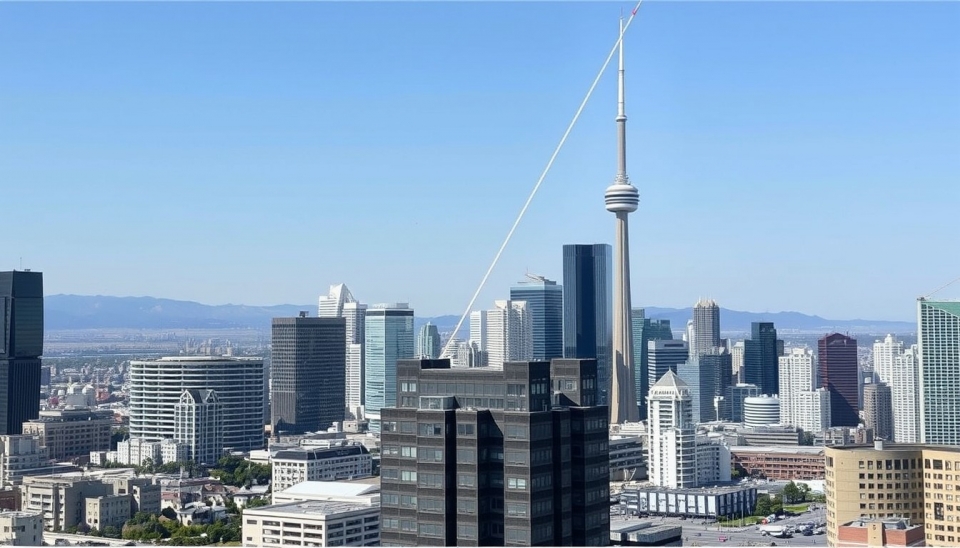Workers in Toronto and Montreal Face Difficulties Due to Rail Strike

On Tuesday, August 22, 2024, workers in Toronto and Montreal found themselves in a difficult situation after a major railway company announced a strike, leading to significant disruptions in the transportation system. This strike affected thousands of passengers who relied on rail transport for their daily commutes. Many were forced to seek alternative means of travel, including buses, taxis, and carpooling, causing congestion on the roads and additional strain in the cities.
Transport issues arose due to the union’s refusal to engage in further negotiations after previous attempts to resolve the conflict failed. Passengers faced long delays and train cancellations, making many morning commutes extremely challenging. In response to the situation, city officials urged people to consider working from home when possible and provided residents with alternative public transport routes.
Moreover, corporate clients dependent on rail transport for goods and freight delivery also expressed dissatisfaction with the situation. Businesses in the region are losing money due to delays caused by the strike, and optimizing their logistics chains is becoming increasingly challenging. The union, however, stated that the strike has a valid reason and they will continue to seek improvements in working conditions and wages.
As expected, such a situation has had a significant impact on the lives of local residents, turning a typical workday into a challenging ordeal. Many people are sharing their negative experiences about the situation on social media, highlighting growing discontent among citizens. Local authorities and law enforcement are doing their best to ease the difficulties for residents but are monitoring the events closely, as negotiations between the union and the employer are still ongoing.
During this strike, it is important to note that such conflicts between workers and employers occur quite often, especially in an unstable economic environment. The unpredictability of these conflicts highlights the importance of a reliable transport infrastructure and its role in maintaining the economy and convenience of urban life.
Currently, the future of negotiations remains uncertain, and many hope that the parties will reach an agreement soon to reduce tensions and restore normal rail operations.

